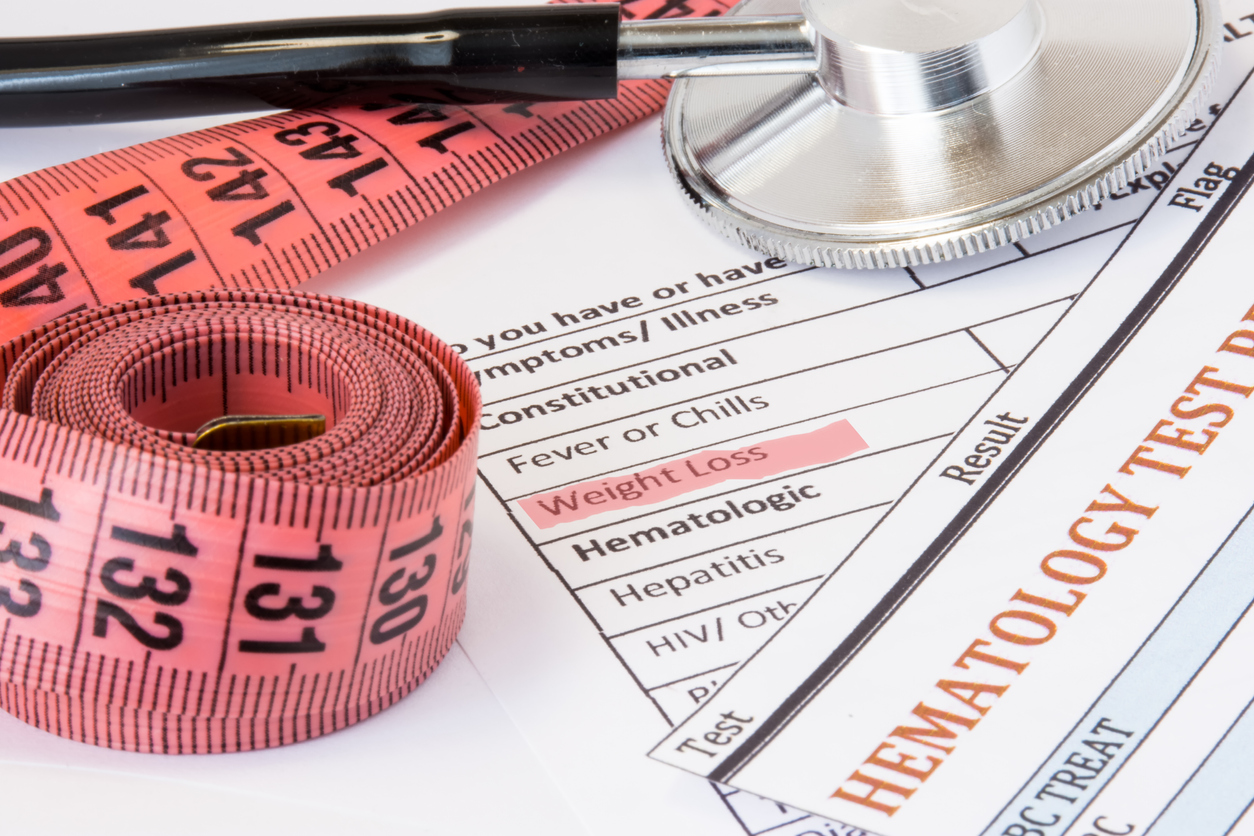Pain
What Is Cachexia?

Cachexia is a condition characterized by extreme and involuntary weight loss and wasting away of muscle mass. It is often linked to the late stages of serious illnesses, such as renal failure, COPD, kidney disease, cancer, HIV/AIDS, or congestive heart failure. As appetite and metabolism change, nutrients needed by the body become nonexistent.
It is believed that cachexia is associated with the body’s attempt to fight a disease by breaking down muscle and fat to fuel the brain. This results in weakness that makes fighting infections almost impossible, which leads to an increased risk of death. Providing additional nutrition does not reverse cachexia. With no cure, treatment is geared toward symptom management. There are three categories of cachexia, which include pre-cachexia, cachexia, and refractory cachexia.
Pre-cachexia
Losing roughly 5% of body weight as a result of a known disease is considered pre-cachexia. Inflammation, loss of appetite, and metabolism changes are experienced.
Cachexia
Standard Cachexia is categorized as unintentionally losing more than 5% of the body weight in 12 months or less. Fatigue, loss of appetite, inflammation, and loss of muscle strength will occur.
Refractory Cachexia
This type of cachexia is specific to those who lose weight and muscle due to the response of cancer treatments. It impacts approximately 80% of individuals who have late-stage cancer, one-third of which result in death.
Symptoms
The main symptom of cachexia is extreme weight loss. Other symptoms include, but are not limited to, the following:
- Anemia
- Anorexia (loss of appetite)
- Swelling or edema
- Reduced sense of taste
- Increased infections
- Electrolyte imbalance
- Low fat-free mass index
- Fatigue
- Reduced muscle strength (muscle wasting)
- Shortness of breath
- Nausea
- Constipation
- Low levels of albumin, which is a protein
- Reduced quality of life
Causes
It is believed that cachexia is the body’s way of responding to illness, although there is no concrete evidence to prove this. Cachexia causes a poor response to insulin, which results in the body’s glucose not being used for energy.
One theory is that cytokines (chemicals that can contribute to fat and muscle loss and a faster metabolism) are released in the body of those who have cancer. This causes the body to use more energy than needed.
Risk factors
Those in the late stages of certain, serious illnesses have a higher likelihood of developing cachexia. Additionally, those who have low levels of activity, testosterone, IGF-1, and muscle mass are at an increased risk.












